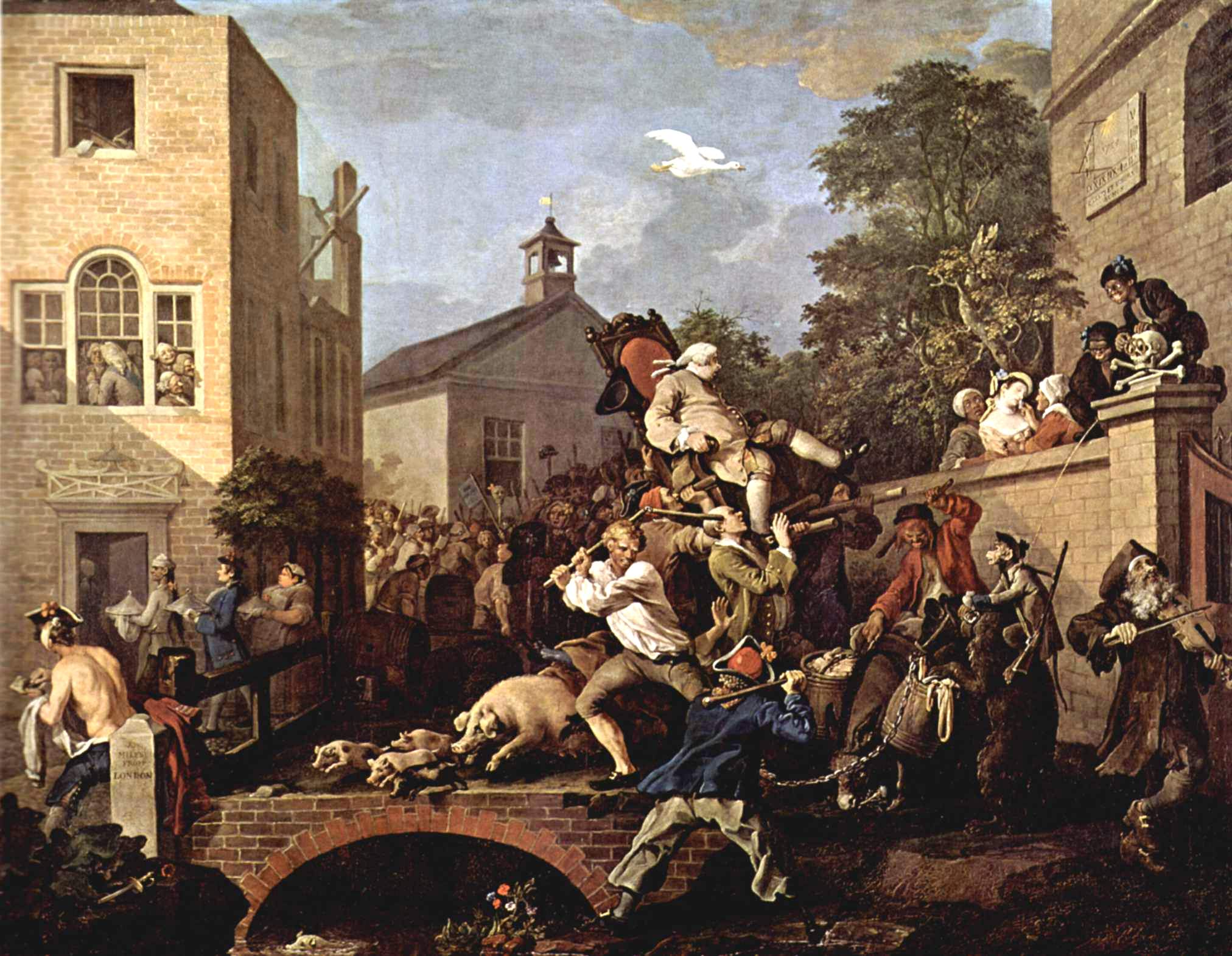
Introduction:
As a historian, one of the steepest hurdles and most fascinating mysteries I deal with is how to overcome the gap in patterns of thought between the past and the present that have convinced so many that “the past is a foreign country.” So many beliefs and attitudes that we today consider to be universal human characteristics or values turn out to be bounded by culture and epoch, so often historians and our students struggle mightily to understand the mindset of the people we study. This also affects works of art set in long-distant periods: how do creators make these characters understandable and sympathetic while still being recognizably premodern without falling into the trap of putting modern characters in period drag.
Indeed, one of the ways that George R.R Martin grounds the reader in the world of Westeros is to confront us with the foreignness of his characters’ thinking. An excellent example of this is the way that sympathetic characters like Tyrion or Jon view democracy as backwards and barbaric and see their own feudal order as modern and enlightened. Indeed, there is good historical basis for this: up until the late 19th century, democracy was seen as a pejorative term, a slur thrown at political reformers from the Jacobin left all the way to constitutional monarchists by various absolutist monarchists.
And yet, electoral politics did not spring forth from the ground fully formed in 1776 or 1865 or 1920 or 1965 (if it ever had). Long after the passing of the Athenian demos or the Roman res publica, medieval societies retained some aspect of electoral or at least selectoral politics. In the early Middle Ages, prior to the emergence of established dynasties, there were quite a few elective monarchies, where groups of warriors and warlords would acclaim one of their number king on the basis of their generosity as a “ring-giver” (more on this when we get to the Kingsmoot). And while the Vikings were disdained as heathen barbarians by Christian Europe during the 8th century, the Allthing of Iceland stands as the oldest parliamentary body in the world, having been founded in 930 CE. On the continent, Parliaments emerged out of assemblies of nobles at the outset of the 14th century, as kings sought to increase compliance with taxation. And in towns and cities across Europe, you had elections in craft guilds and municipal governments.
Westeros is no exception.
However, elections come in many different forms, in no small part because people have conflicting ideas about how they should work – who should be eligible to vote, how voting should take place, whether the winner should be decided by simple majority or some proportional system, whether elections should be geographically specific or at-large, whether voters should choose elected officials directly or indirectly, whether individual candidates or formal candidates should appear on the ballot, who should be eligible to hold office and how they should be nominated to run, and so on. Indeed, the great economist Kenneth Arrow famously theorized that there is no way to resolve these contradictions in a way that satisfies everyone.
Thus, in this essay series, I’m going to examine GRRM’s use of elections in ASOIAF – who’s eligible to vote and run for office, how voting is carried out, how many votes you need to win, but more importantly how GRRM uses elections to advance ideas and themes within his series.
Continue reading →





